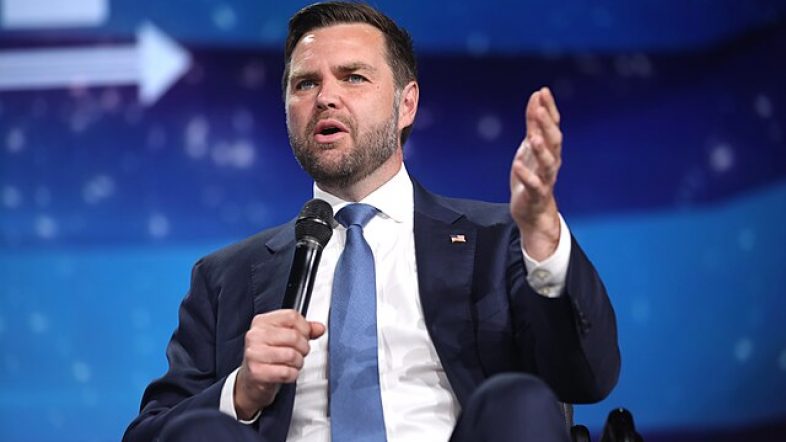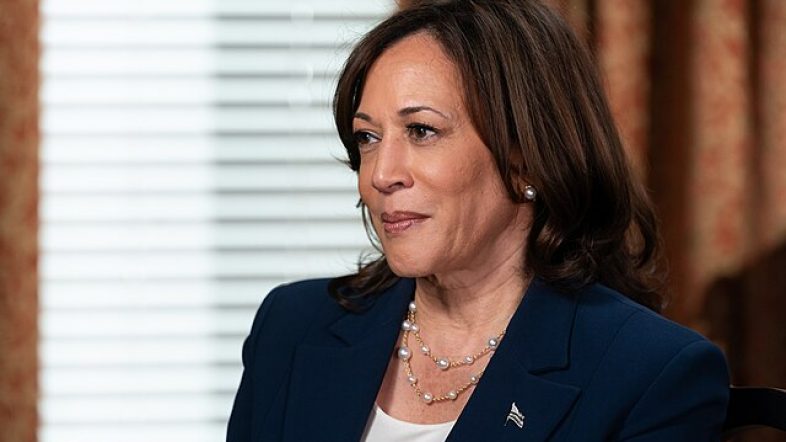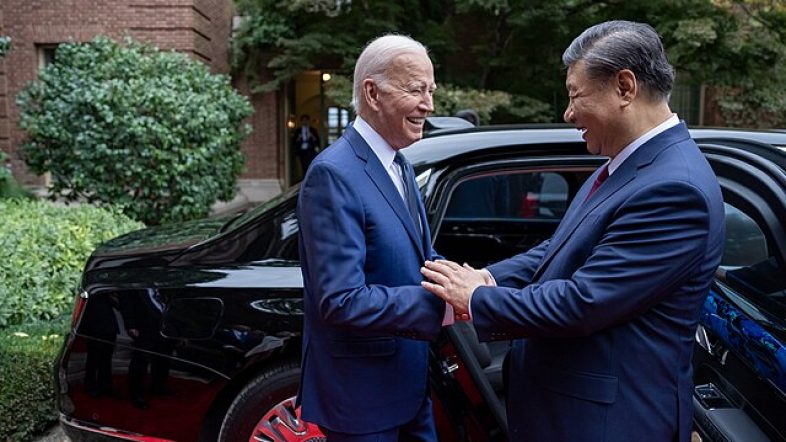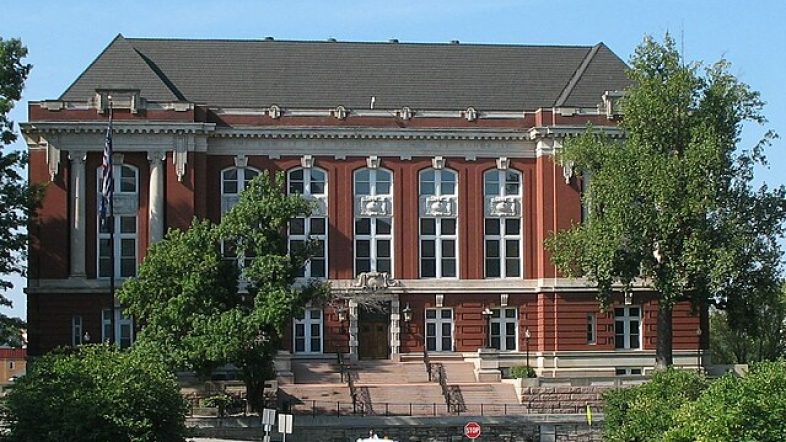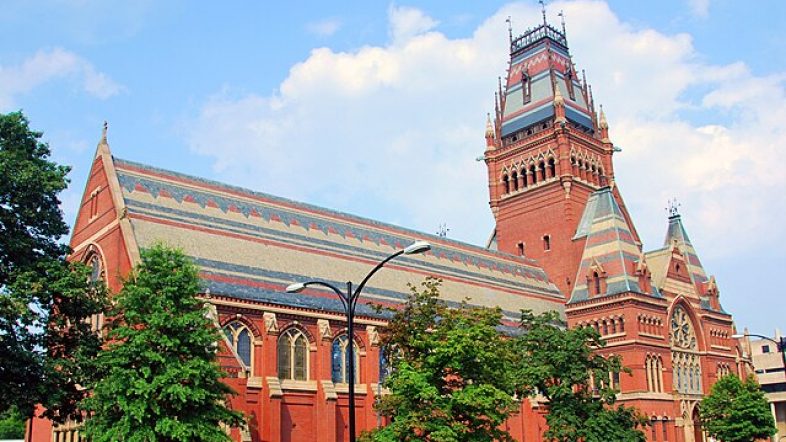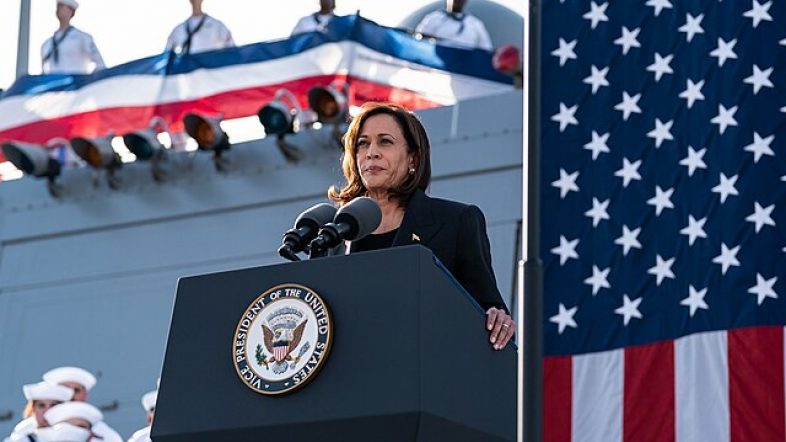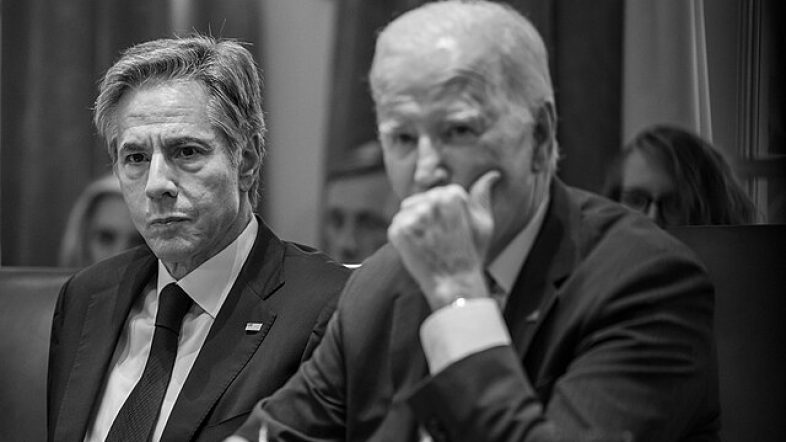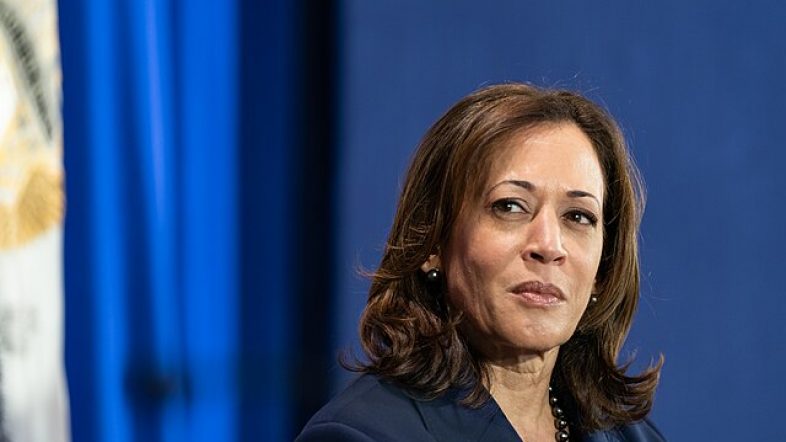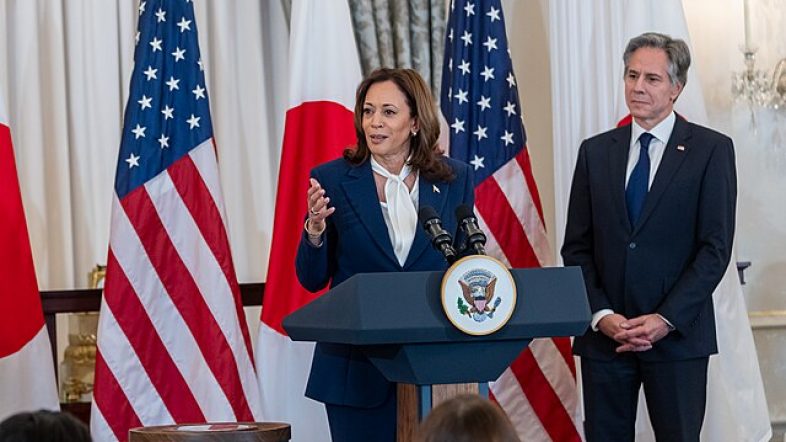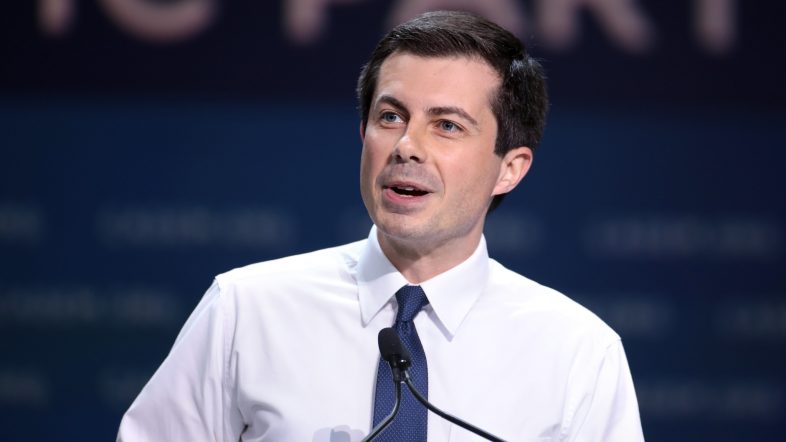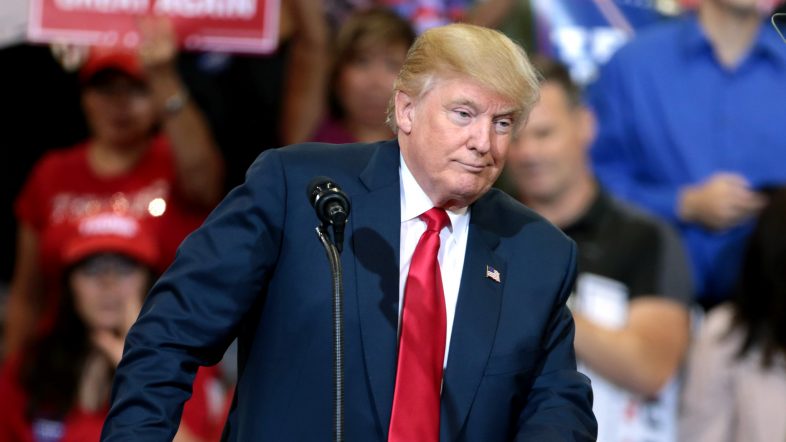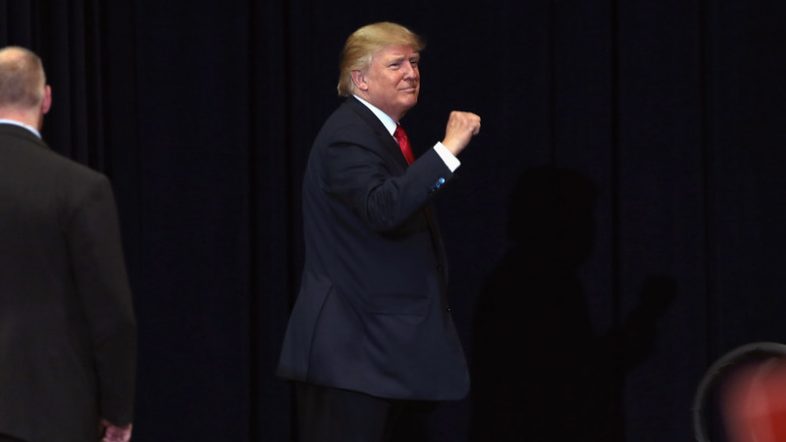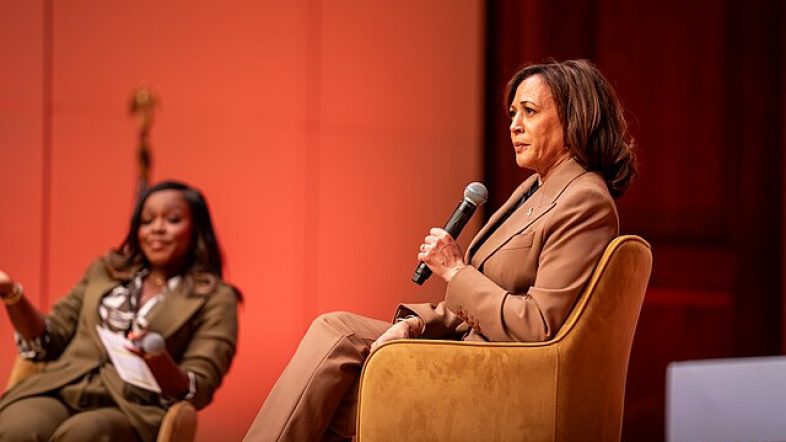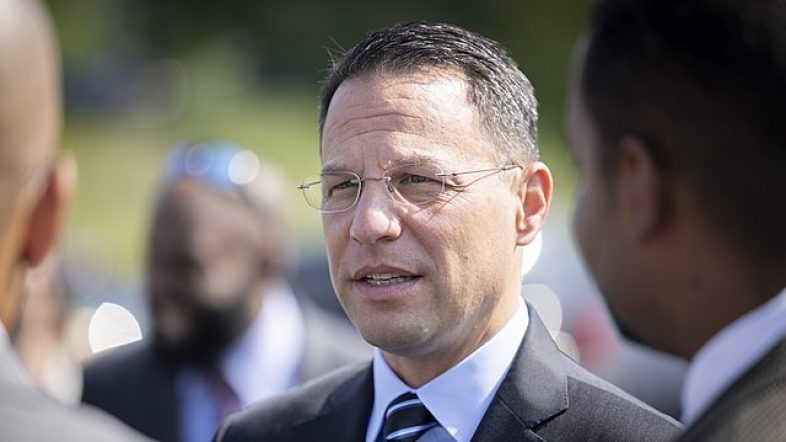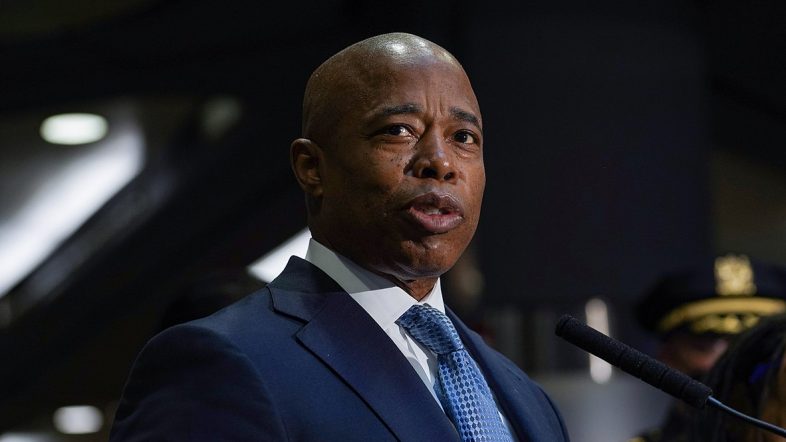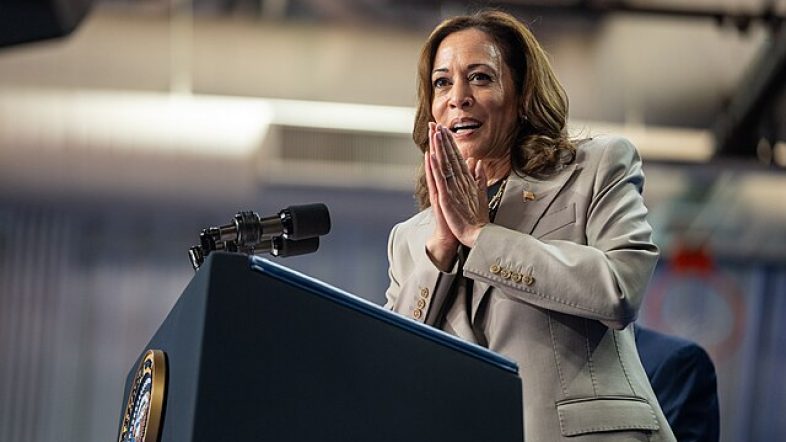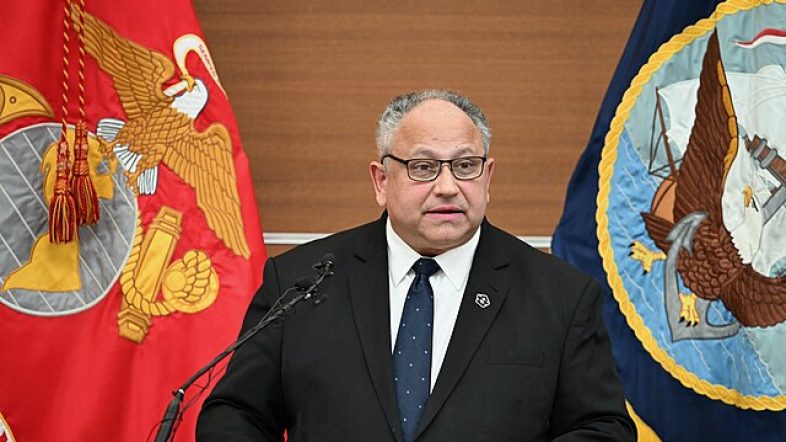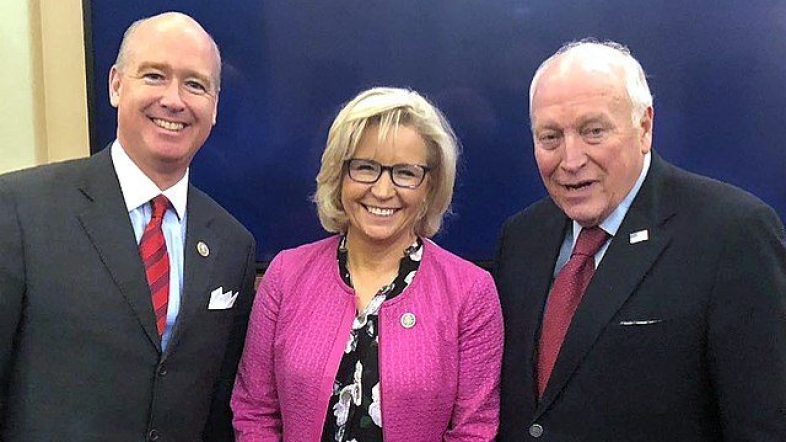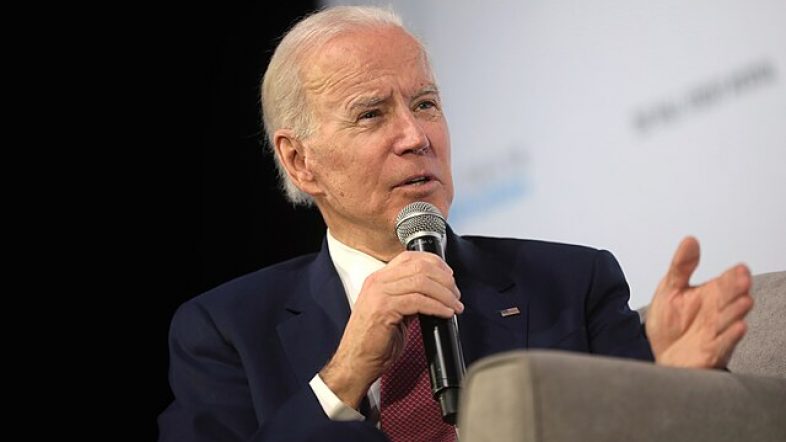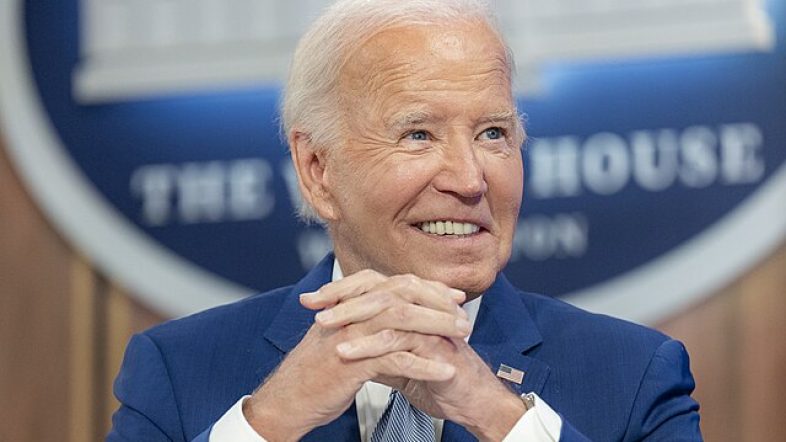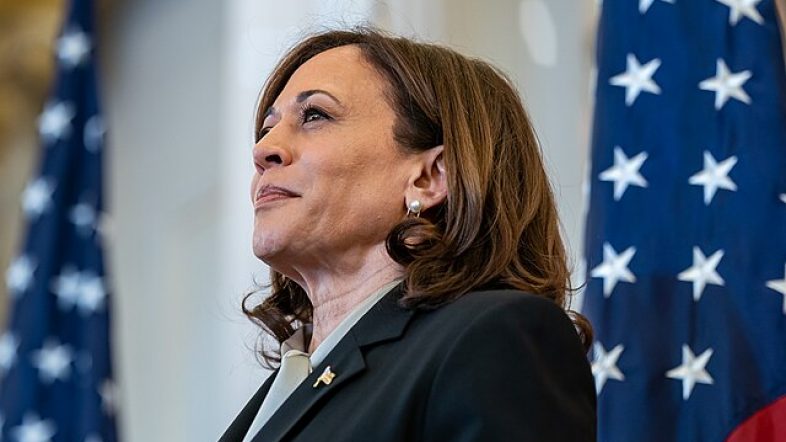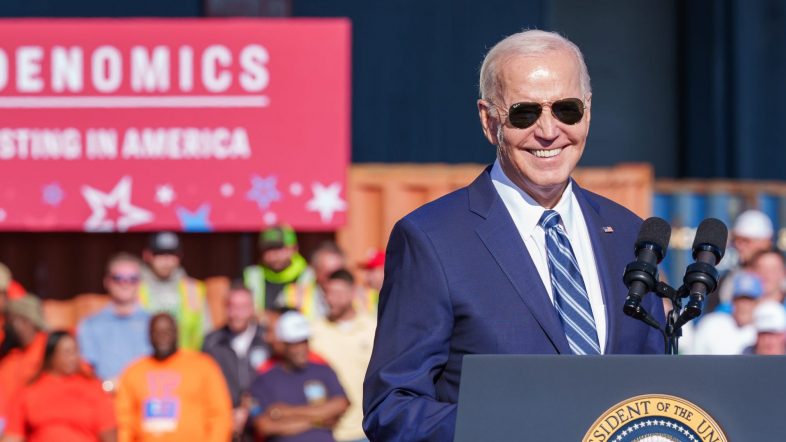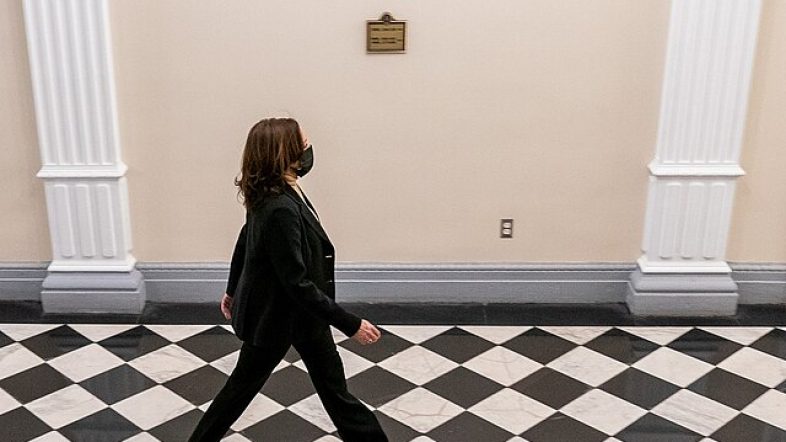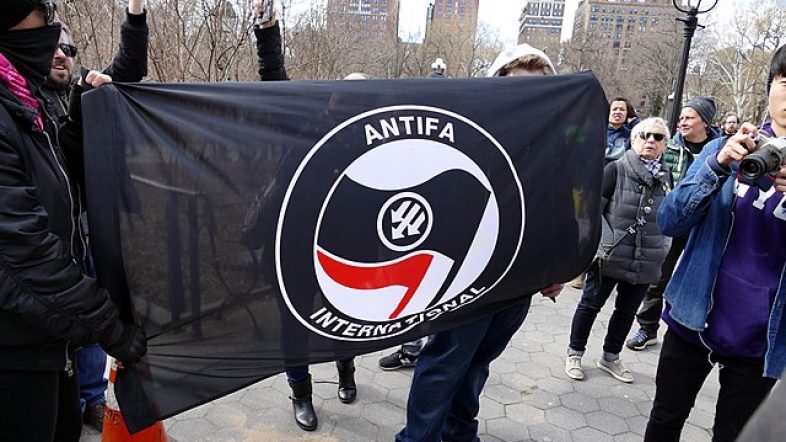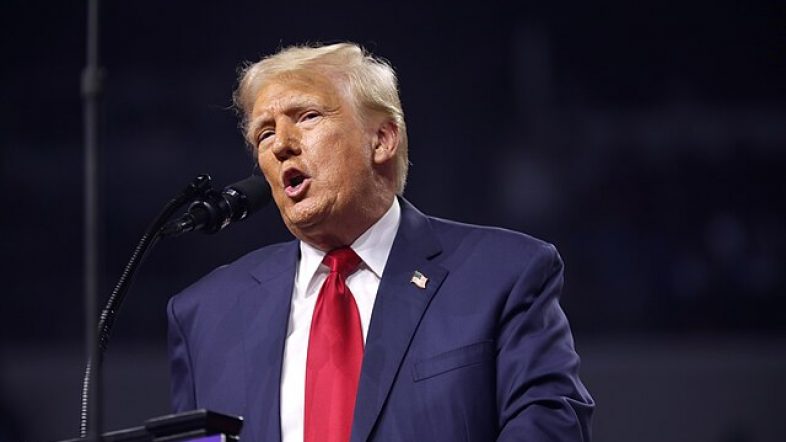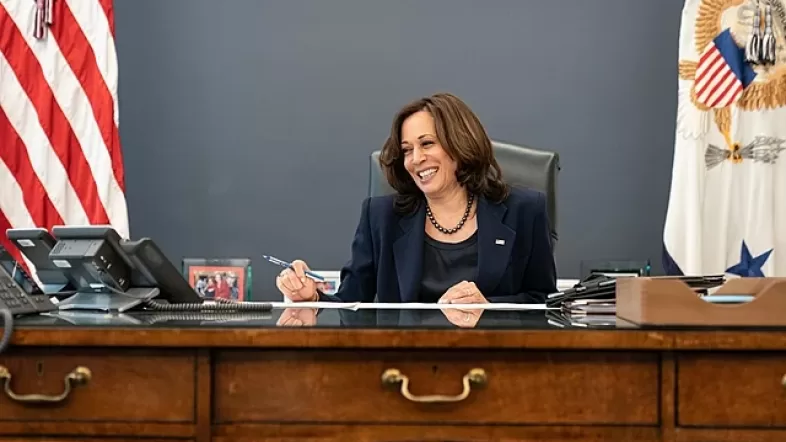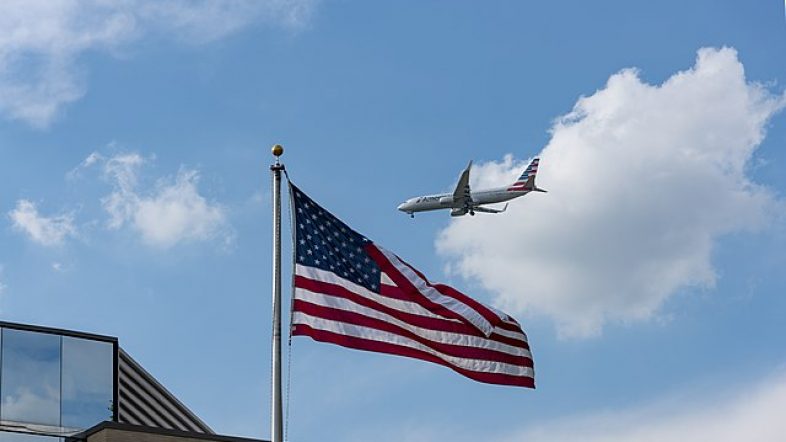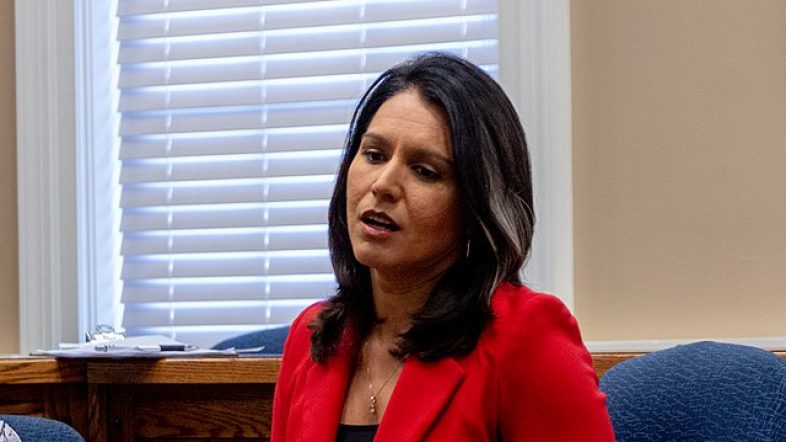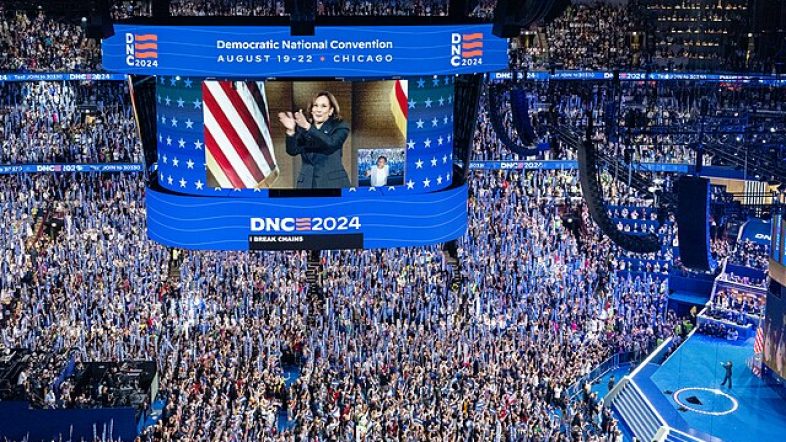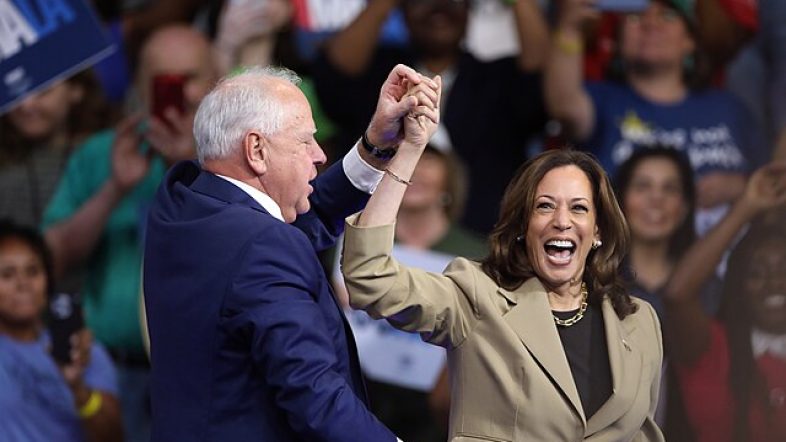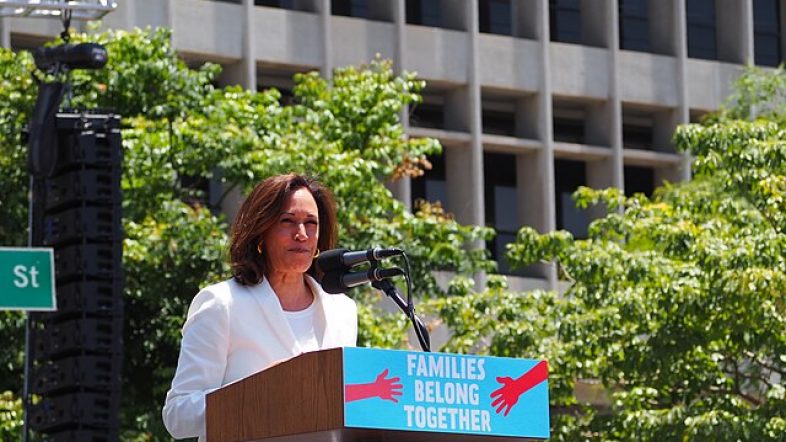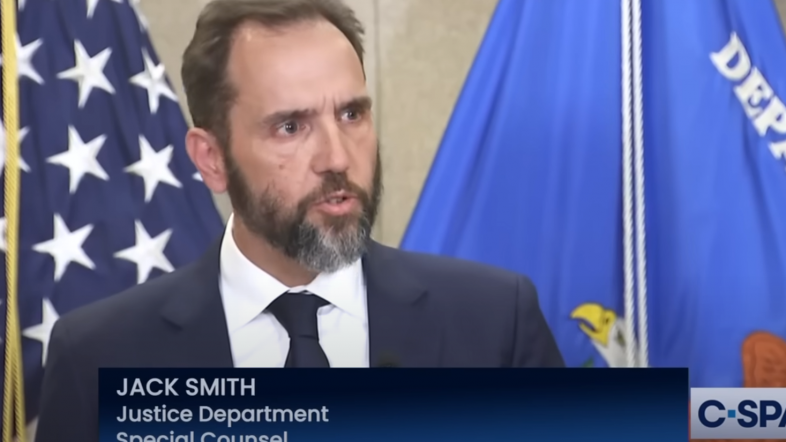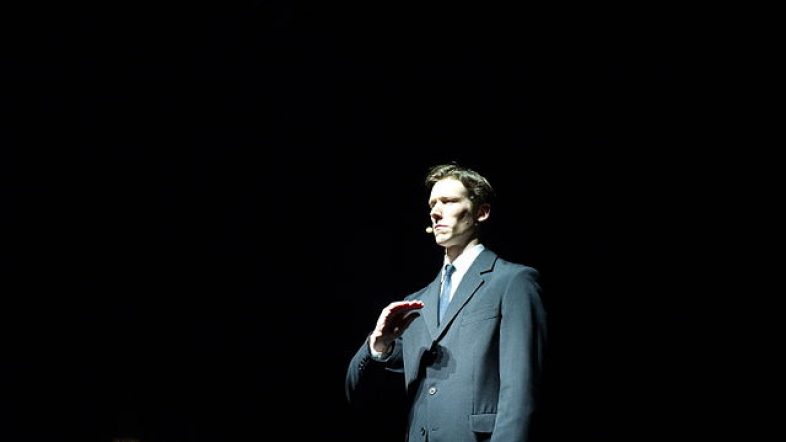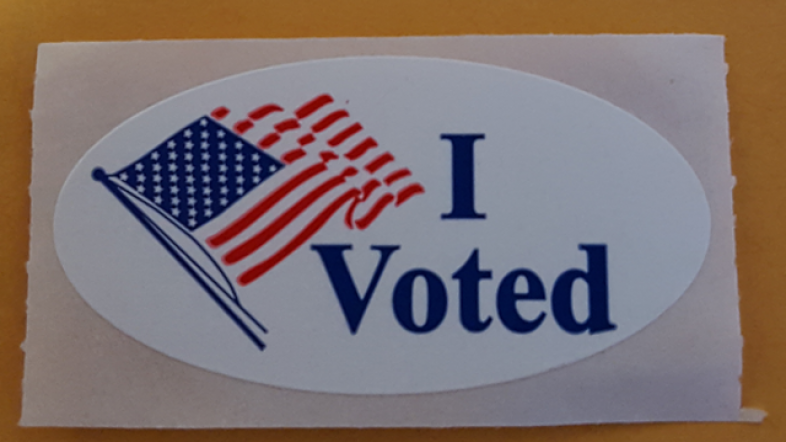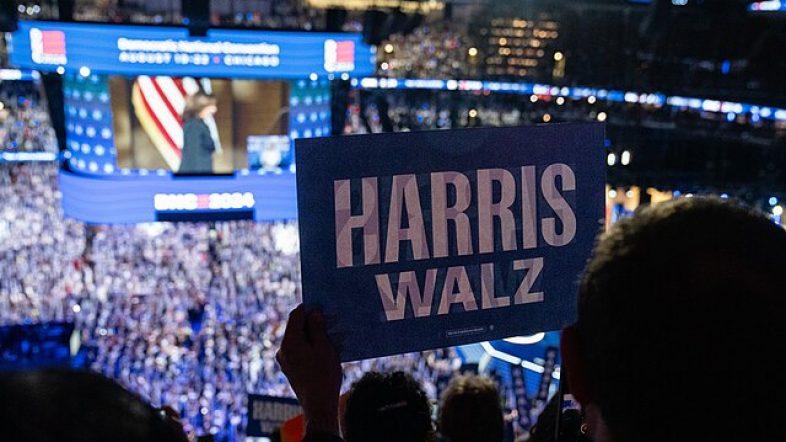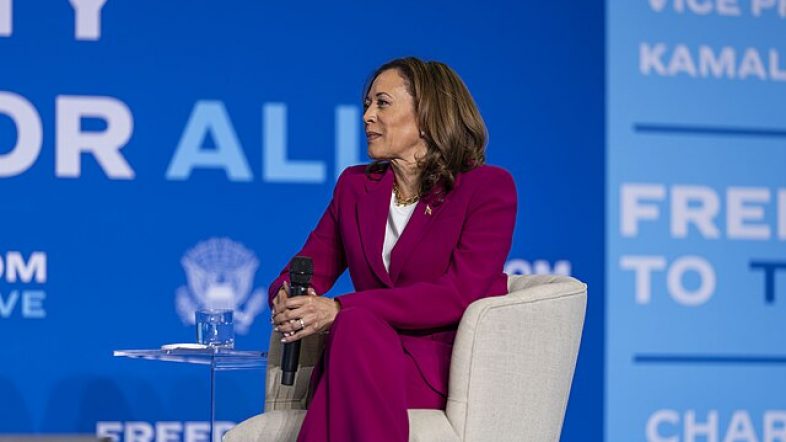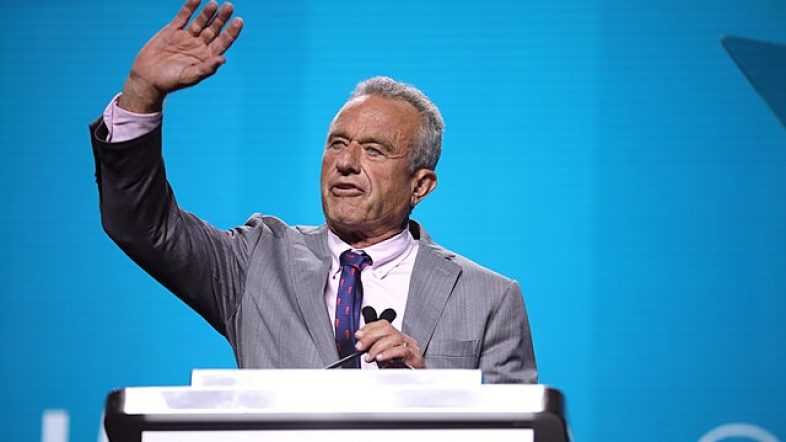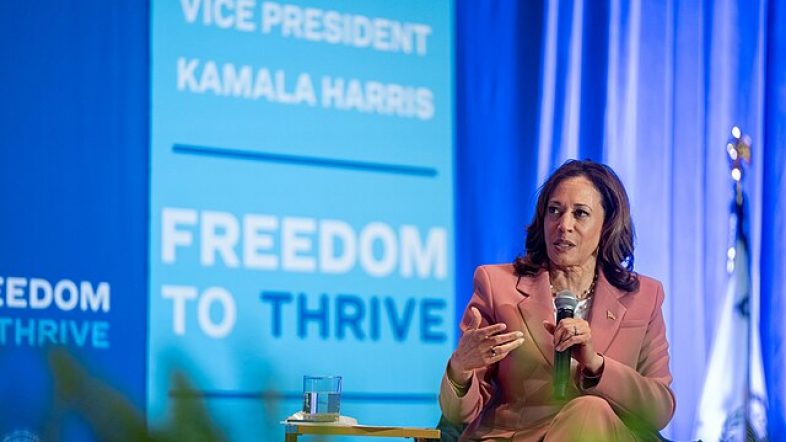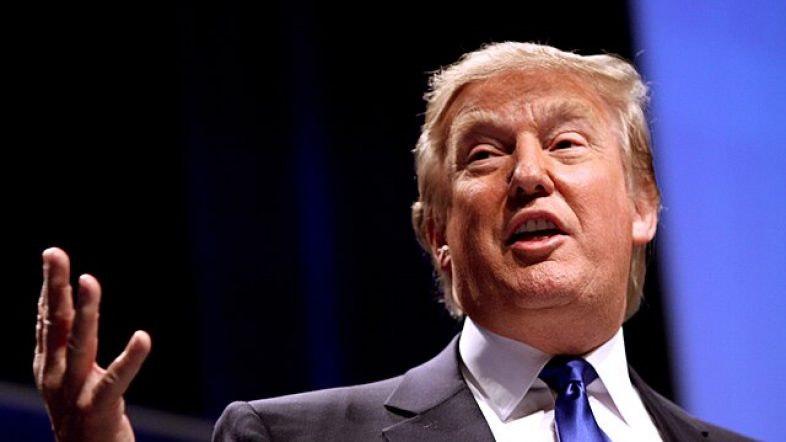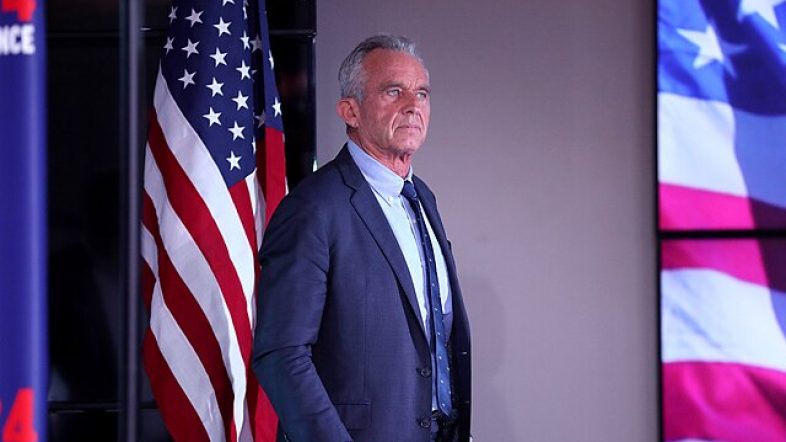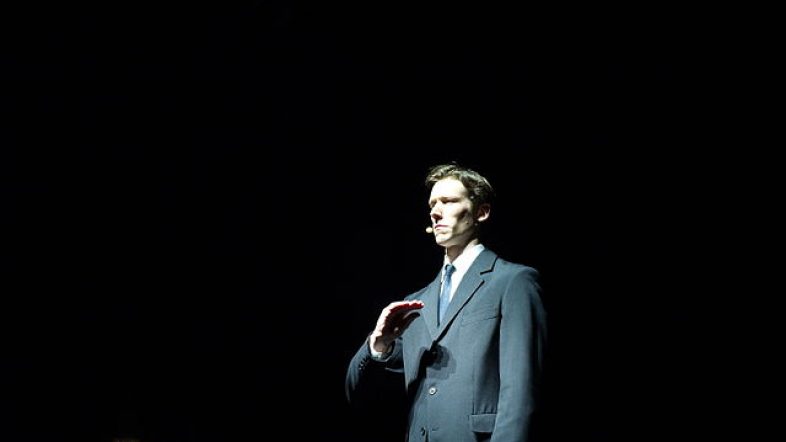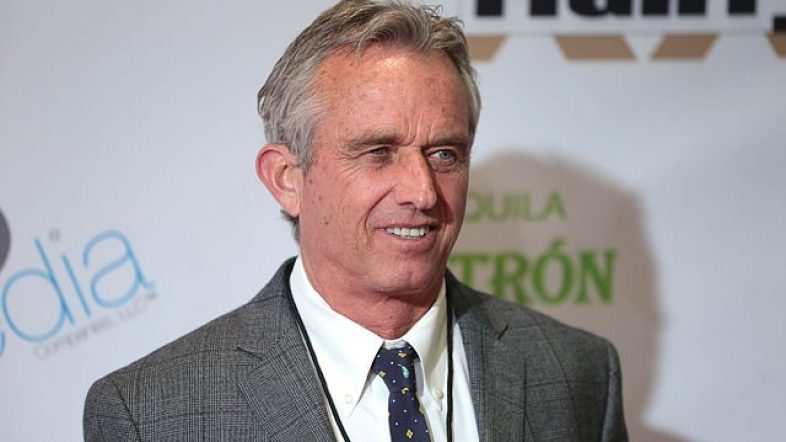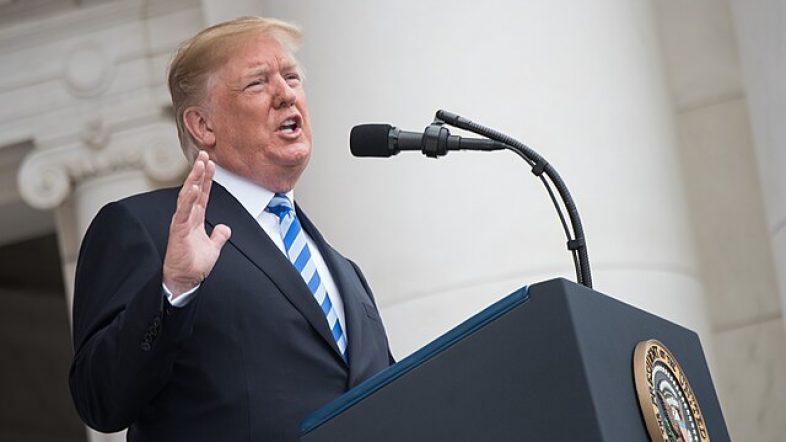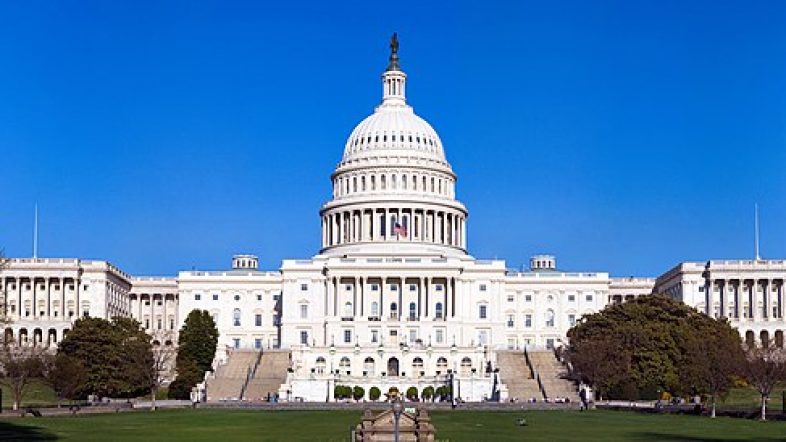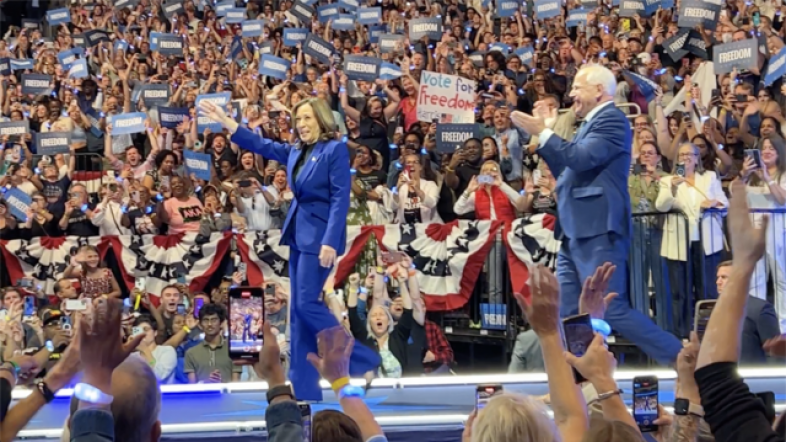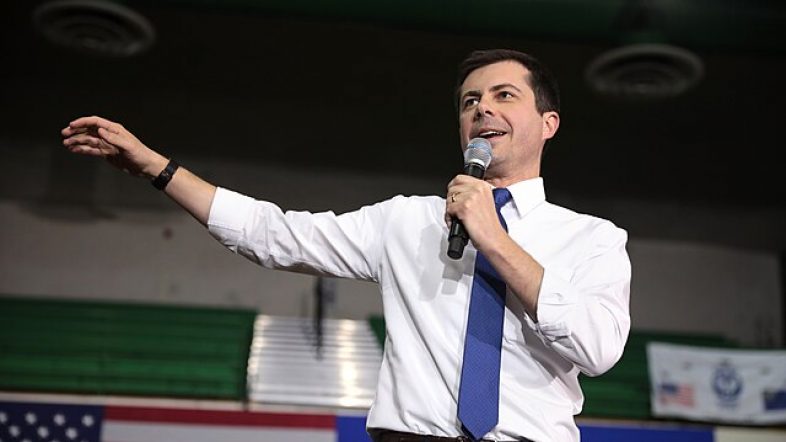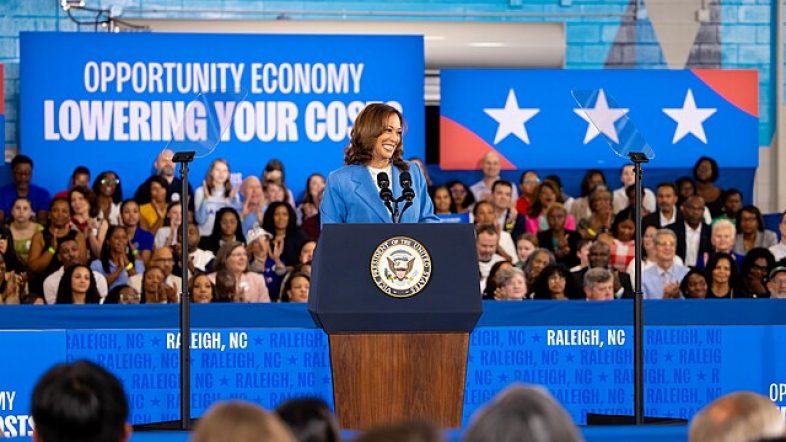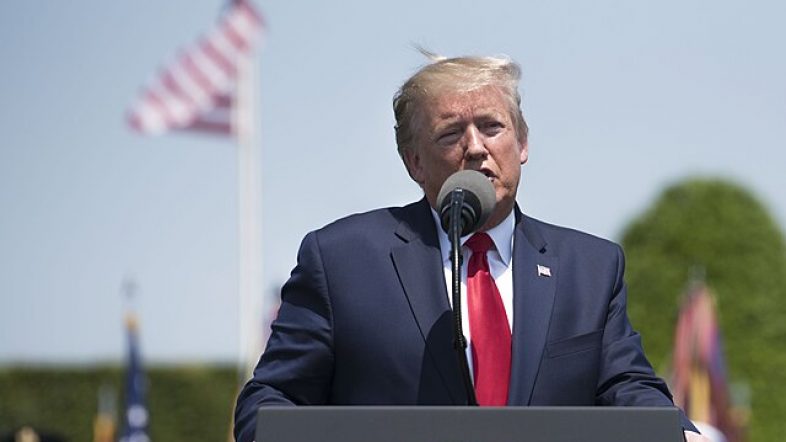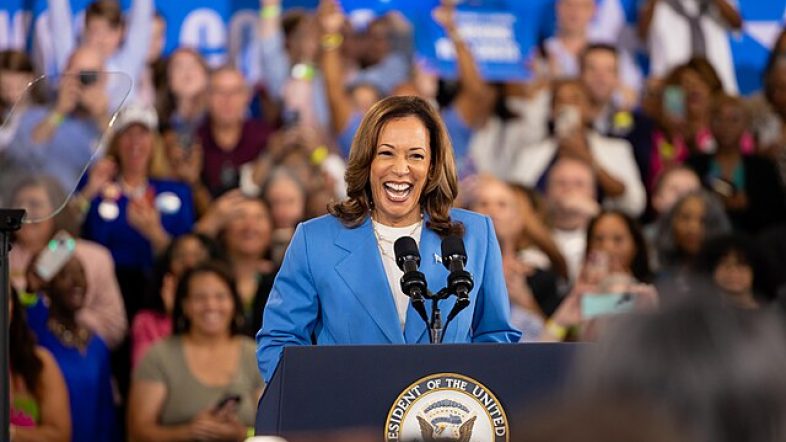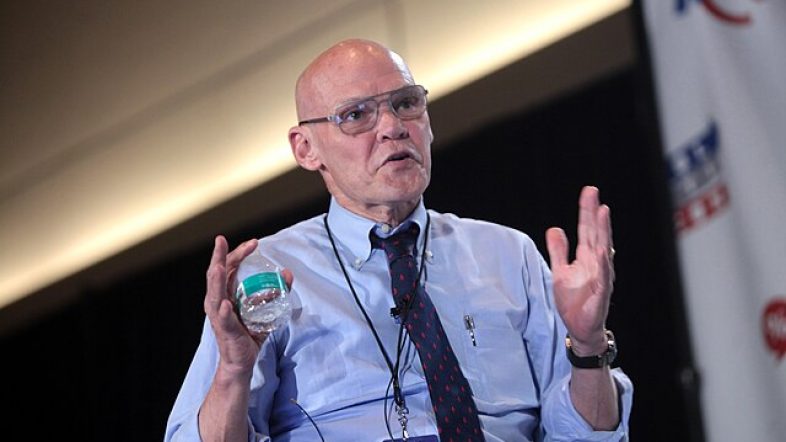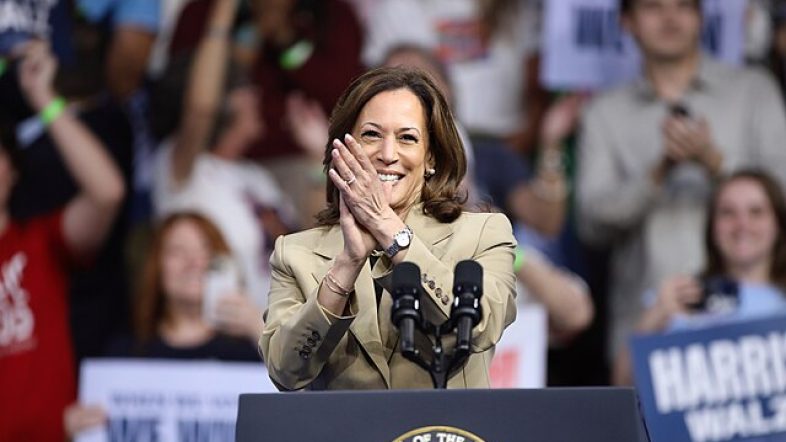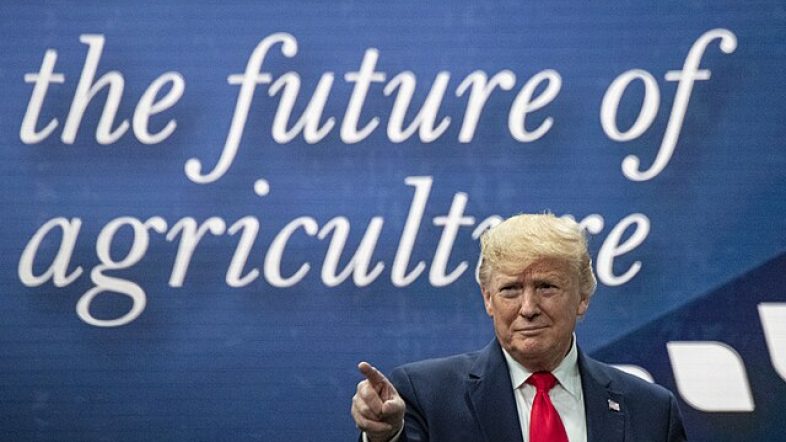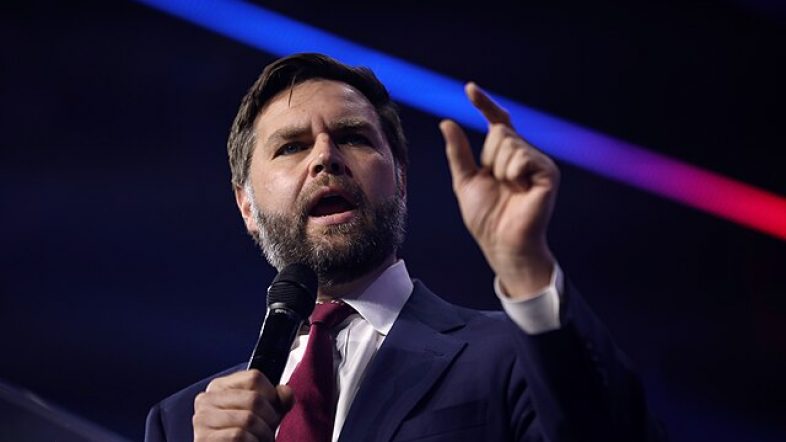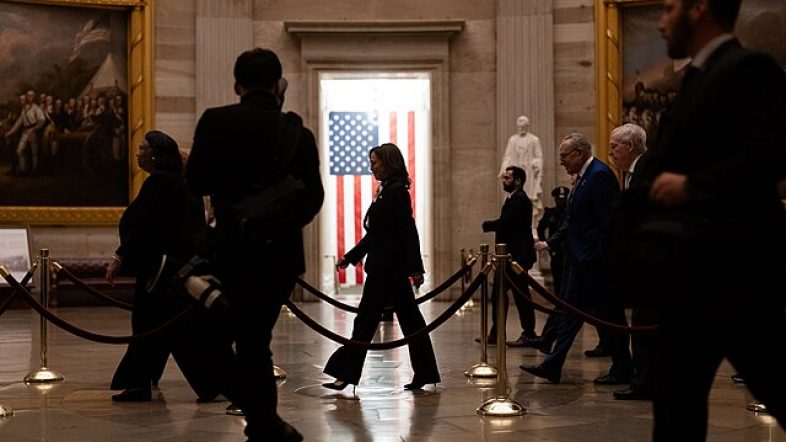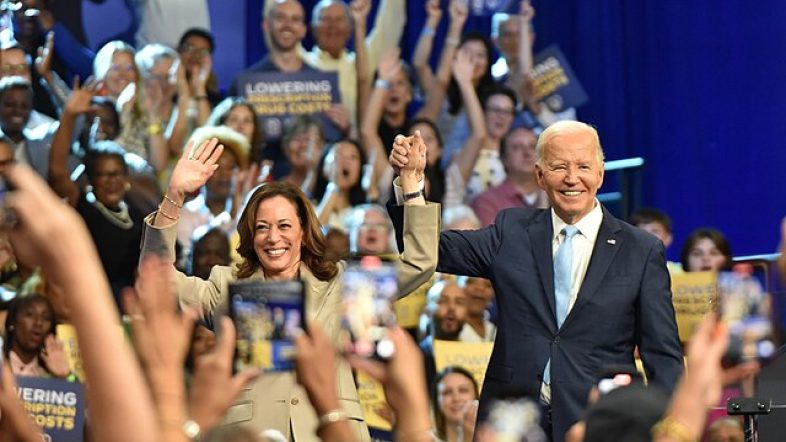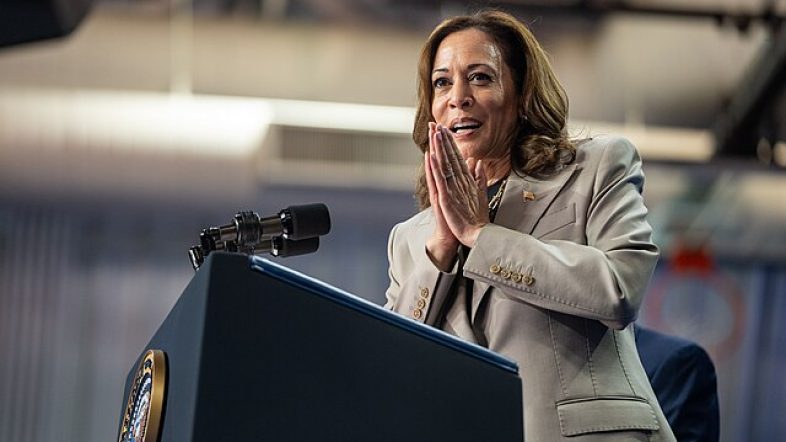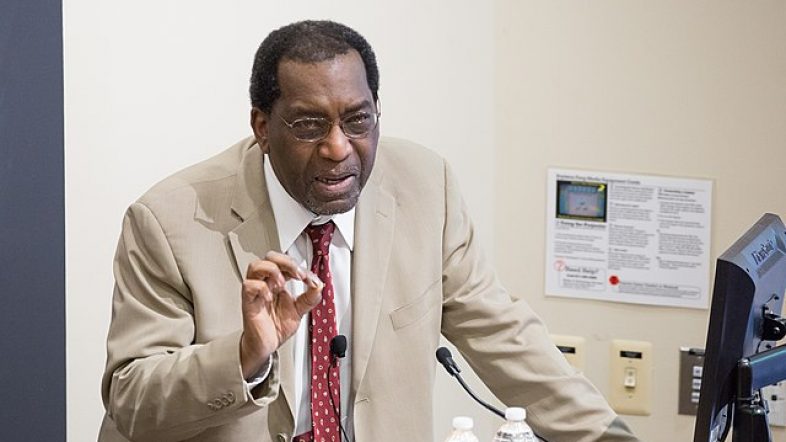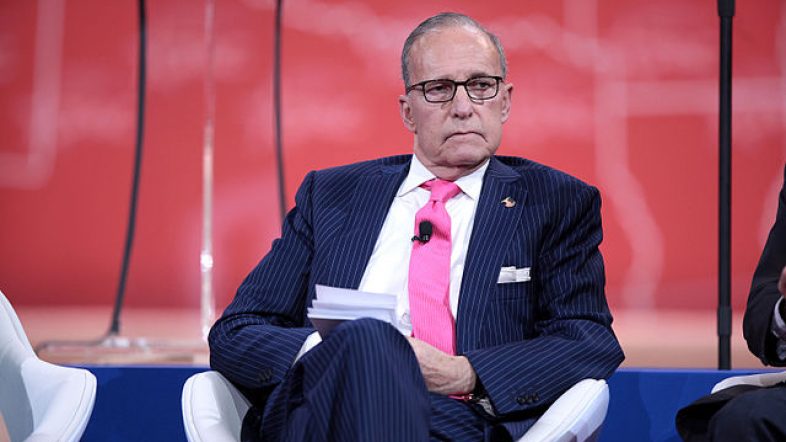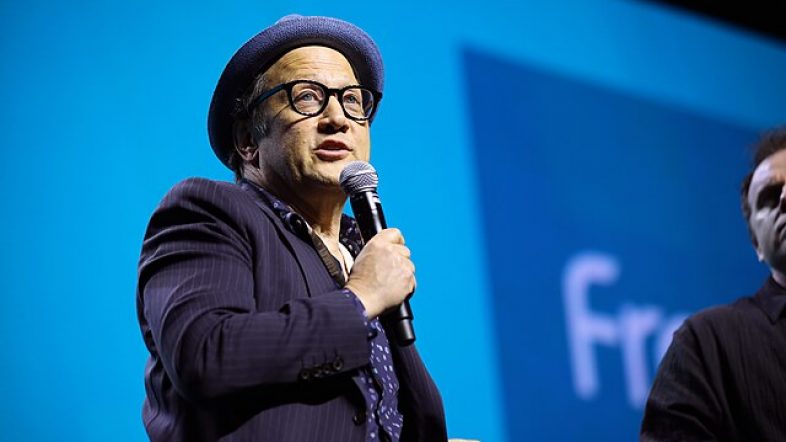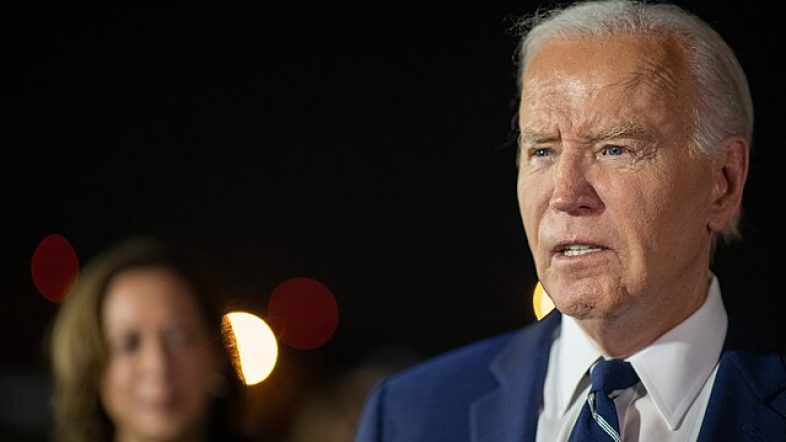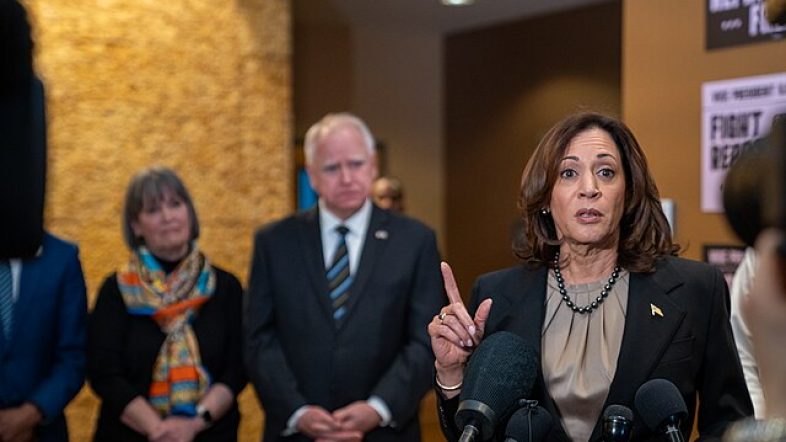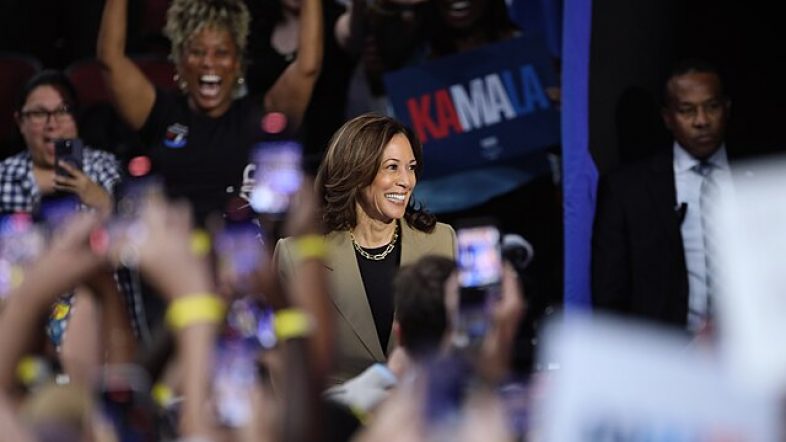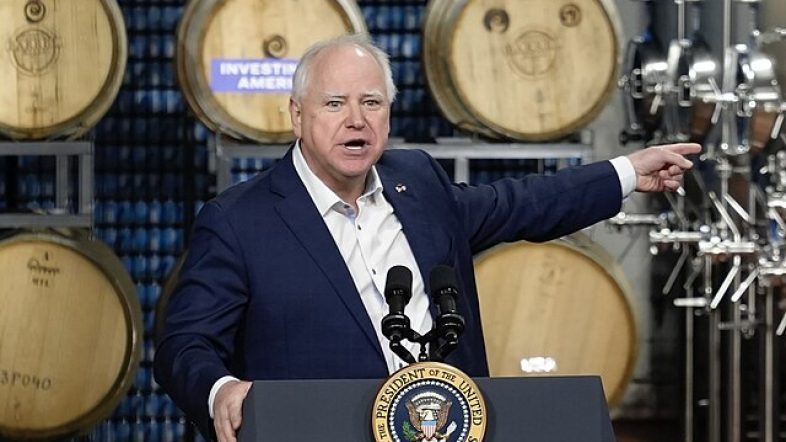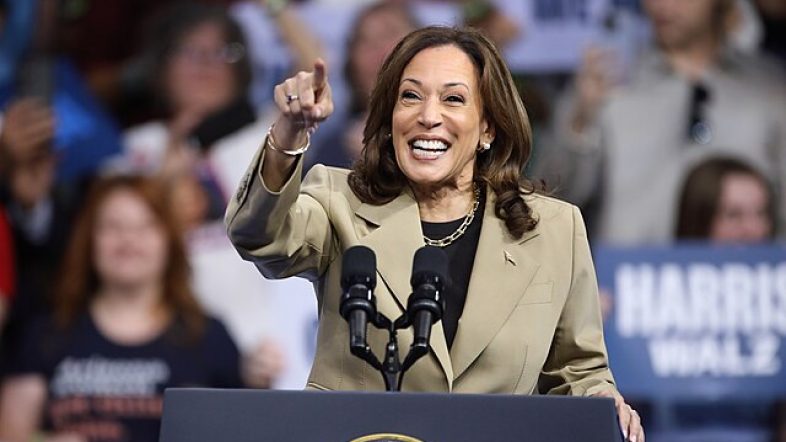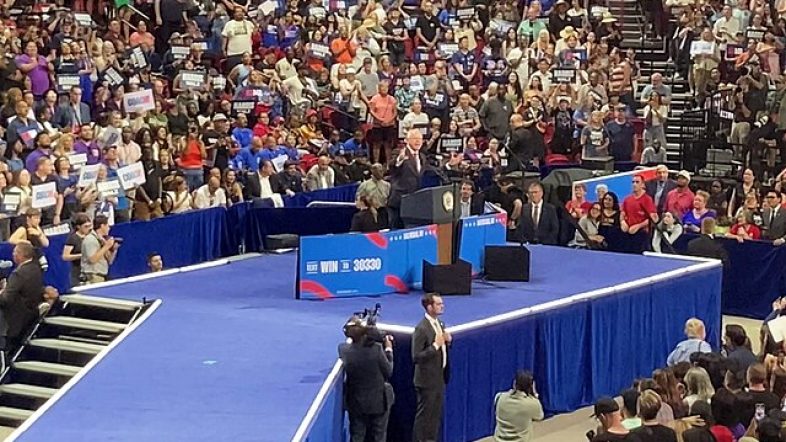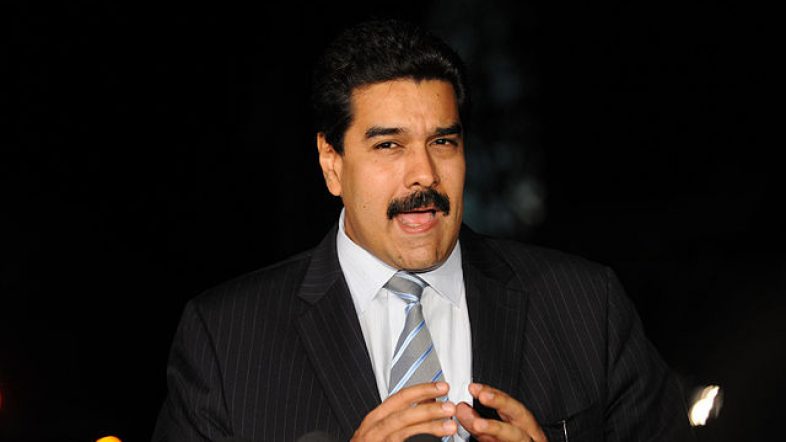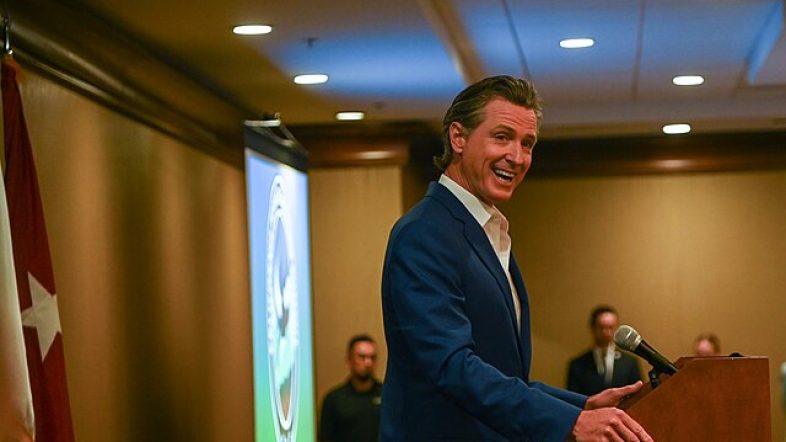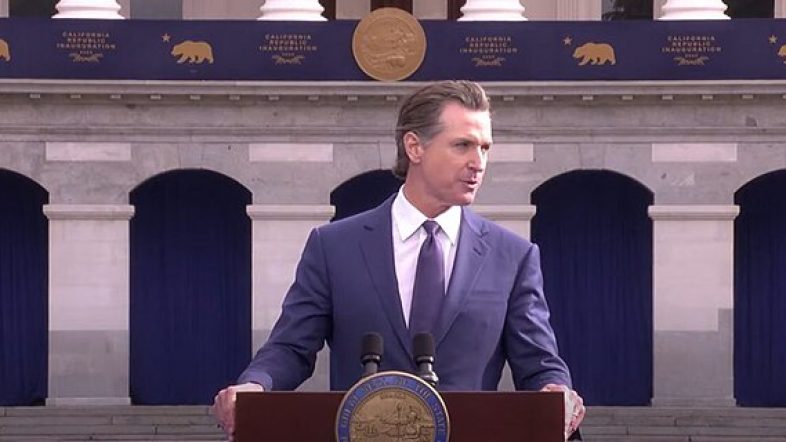Many Americans were startled by a recently unearthed clip in which the Democratic nominee for vice president, Gov. Tim Walz of Minnesota, asserted: “There’s no guarantee to free speech on misinformation or hate speech, and especially around our democracy.”
That is a totally inaccurate rendering of what the First Amendment does and does not protect.
Walz is not alone in his misunderstanding. Consider these findings from a new survey from the Foundation for Individual Rights and Expression: A majority of Americans think that the First Amendment — which protects freedom of speech, freedom of assembly and the free exercise of religion — “goes too far,” with many respondents expressing that they have at least some trust in the government to set fair limits on objectionable speech. The survey also revealed uncertainty about the difference between protected speech and unprotected protest actions like vandalism and illegal encampments.
Our First Amendment freedoms — which protect Christians, adherents of other faiths, and all dissenting and independent voices alike — are evidently not as popular, or even as well understood, as they once were.
As the president and CEO of the world’s largest association of Christian media professionals, I believe that America benefits richly from the presence and participation of Christians in public life. I am also keenly aware that the rights and interests of Christians are under attack. But are most Christians aware of that fact? A new survey from Dr. George Barna indicates that “theologically-defined evangelicals are no more likely than anyone else to be attentive to news about politics and government.” More than half of those surveyed reported that they do not pay much attention to political news, which would be essential to understanding the issues most relevant to believers.
Are evangelicals asleep at the wheel? Are we even behind the wheel at all? An estimated seven million evangelicals in swing states alone did not participate in the 2020 presidential election, numbers that might have overturned outcomes up and down the ballot. While evangelicals are more likely than their secular counterparts to vote in elections, an estimated one-third sit on the sidelines. And if, according to Barna, evangelicals are more likely to vote, but “no more likely than anyone else to be attentive to news about politics and government,” are they making well-informed voting decisions? We have a dual issue of turnout and tune-out.
To understand where we are today, it is helpful to recall that the evangelical voting bloc — an election-shaping force throughout modern American history — was built by religious broadcasters. From around the 1960s, Christian media voices operating in the heyday of the “electric church” enjoyed national influence and played a major role in energizing and mobilizing conservative Christian voters to participate in elections.
Powerhouse evangelists like Billy Graham helped ignite spiritual revival throughout America and built a respected national profile. Top Christian broadcasters of the day freely expressed their point of view on policy issues as well as theological and spiritual matters. Tuned-in, born-again believers felt a sense of responsibility to preserve pro-family policies and Christian morality in public life.
The Moral Majority movement, launched by Jerry Falwell, Sr., during President Jimmy Carter’s administration, was effective in registering these politically energized audiences as voters. Decades before countless common-sense issues were relegated to the domain of the “far right,” policies like traditional marriage, restricting abortion, and keeping prayer in schools enjoyed much more universal support, forging a powerful alliance between secular and religious Americans to deliver Ronald Reagan’s landslide victory in the 1980 presidential election. Remarks to the National Religious Broadcasters (NRB) Convention by President Gerald Ford, Reagan, and other presidents in subsequent years signaled alignment with the work of Christians in radio, television and beyond — voices that advocated a moral, pro-family America where, in the words of President Reagan in a 1984 NRB address, “God is the center of our lives; the human family stands at the center of society; and our greatest hope for the future is in the faces of our children.”
Far from constituting a “moral majority,” today’s evangelical Christians find little tolerance, much less consensus, among their fellow citizens surrounding these righteous values. Shared ideals of faith, family and freedom have disintegrated — and it isn’t just happening outside the church doors. Within the last decade, many faithful Christians have witnessed ideological hijacking of trusted religious institutions, resulting in cultural compromise, the relinquishing of freedom during the pandemic, and the elevation of extrabiblical priorities.
Countless churchgoers have spent the last several years in the pews hearing concessions to the demands of an anti-Christian culture — or hearing nothing at all. On the most challenging issues of the day, some pulpits have fallen silent fearing retribution or alienation. Believers have witnessed prominent evangelical voices oh-so-winsomely court secular acclaim by trampling on conservative Christians and their genuine concerns. Wholesome Christian values that contributed to American strength and vitality were disingenuously recast as quaint, outmoded, and second-class. Pharisaical religious leaders have continually raised the specter of damaging one’s Christian witness as a not-so-subtle warning against aligning oneself with conservative candidates and principles.
Meanwhile, the mainstream media-machine-turned-political-apparatus has depicted conservative Christians as violent enemies of democracy while turning a blind eye to “acceptable” forms of political violence and hatred.
While the concerns of evangelical Christians have become less universal, political campaigns of recent memory have also done a poor job communicating with evangelicals about their top priorities, reducing their interests to a few select issues and abandoning religious concerns when they are not politically expedient. When NRB invited all major presidential candidates from both political parties to address the community of Christian broadcasters directly as part of the NRB Presidential Forum in February 2024, only Donald J. Trump accepted. It was refreshing to hear the 45th president address an overtly Christian audience about concerns like freedom of expression, prayer in schools, homeschooling, America’s support for Israel and the role of religion in public life.
A few months later, an endorsement of “a new Federal Task Force on Fighting Anti-Christian Bias that will investigate all forms of illegal discrimination, harassment, and persecution against Christians in America” became part of the official GOP platform.
The left has extended no such hand of friendship to born-again believers. On the contrary, by elevating unlimited abortion as the nonnegotiable beating heart of their policy agenda, they have created a rotten, pro-death platform that no one of orthodox Christian faith can stomach.
For some Christians, being courted by politicians holds no value if they find the candidate’s personality, private life, or public image objectionable. “Christian” cases for nonparticipation have been proffered in the last four presidential elections and many others before them. I urge Christians who are so inclined to pivot from personality and take a closer look at policy. In moving away from sensationalized media reports and making an independent inquiry, you may uncover a record that overrides your initial judgment of the candidate’s pleasing or less-than-pleasing personal demeanor and public statements.
Evangelical Christians must examine candidates’ records on immigration, pro-family policies, religious freedom, national security, federal spending, economic wellbeing, parental rights, conscience protections, America’s support for Israel and the traditional values we cherish as people of faith. Christian voters should further consider that regulatory overreach as well as fiscal policy and its downstream effects have a major impact on the ability of Christian organizations to operate.
Recent research indicates that charitable giving is in decline, with economic uncertainty as a major factor for donors. Christians must also examine the recent history of weaponization of government against private citizens, political enemies and people of faith. Every one of these issues is in play this November, but some of them are far downstream from major headlines and campaign talking points, requiring voters to take independent steps to get informed.
This is where Christian broadcasters are standing in the gap in crucial ways. The media marketplace has changed dramatically since the early days of the evangelical movement, but new conditions create new opportunities. Americans have experienced nothing short of psychological warfare to challenge their values and undermine their sense of moral authority in nearly every domain, from cable news and advertising to sports and entertainment. It is a relief to encounter media that affirms human agency, objective reality and godly priorities. Day in and day out, faithful Christian broadcasters are offering independent analysis and insight on every digital media platform as well as traditional radio and television. Our members represent a diversity of viewpoints, and NRB’s unity is based on a shared commitment to truth and to the Gospel, not on sharing the same opinions on every subject.
These faith-driven broadcasters are fearless in speaking to the top issues of our day with prayerful discernment and critical thought. There is no need to endure a barrage of distorted, biased and anti-Christian media when the world of faith-driven news, commentary and entertainment is flourishing. Turn on your Christian radio, television or streaming platform.
Scores of Christian communicators have devoted their lives and livelihoods to addressing the concerns of Christians today and the nation at large. There is simply no excuse in such a rich media environment to neglect the belt of truth and remain uninformed. Amid the cacophony of voices hostile to your most cherished values, there is an oasis of faith and reason in Christian broadcasting.
Churches and Christian organizations across the nation are educating and energizing evangelical voters to fully exercise their rights and responsibilities as citizens. NRB members, including the American Family Association, Christians Engaged & Family Policy Alliance Foundation, Coral Ridge Ministries, Family Research Council, iVoter Guide, My Faith Votes and more are leading local and nationwide outreach efforts to educate Christian voters on the issues and encourage Christians to participate in 2024 elections. These efforts are essential to help close information gaps for evangelical voters and the general public.
Each of us must do our part to strongly make the case for Christian participation in November and raise the visibility of issues of Christian concern at the federal, state and local levels.
As Christians, we place our ultimate hope in the kingship of Jesus Christ. This should not be an excuse to neglect our duties as citizens or relinquish the role of godly wisdom in public life. The book of Isaiah (Isaiah 2:4) foretells a time when “[God] shall judge between the nations and shall decide disputes for many peoples … nation shall not lift up sword against nation, neither shall they learn war anymore.”
As Christians, this vision lends great dignity to our efforts and places earthly political struggles in perspective. As Americans, we are the blessed stewards of a temporal home built on a foundation of faith to the best of its founders’ abilities. To be alert and engaged is just the beginning; we must do everything in our power to save America for the glory of God.



